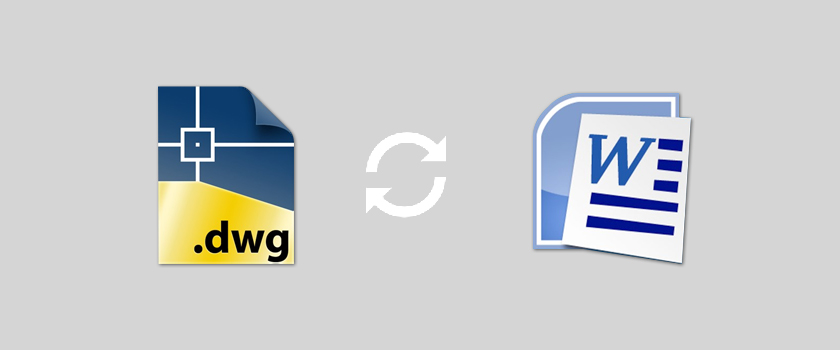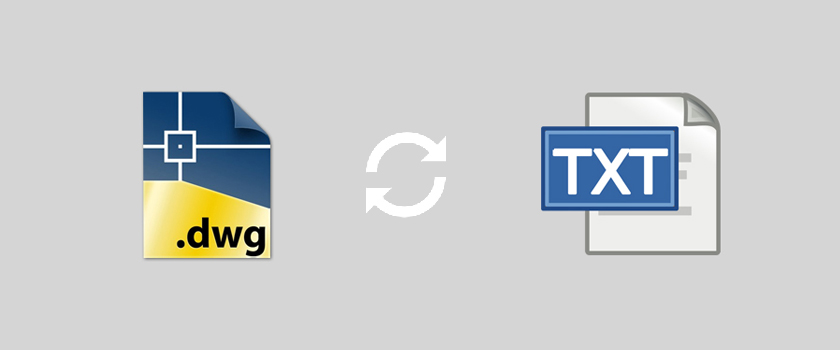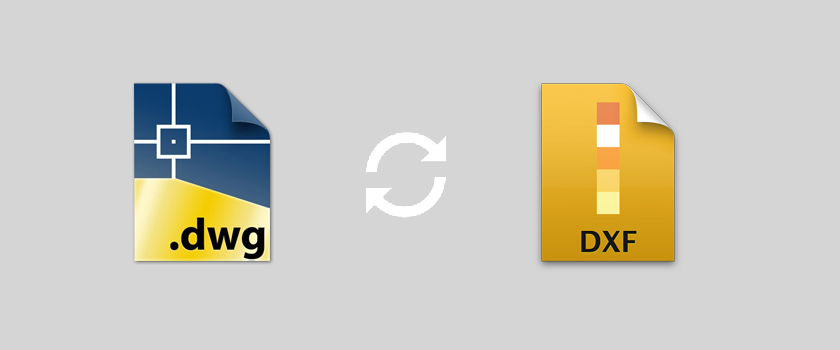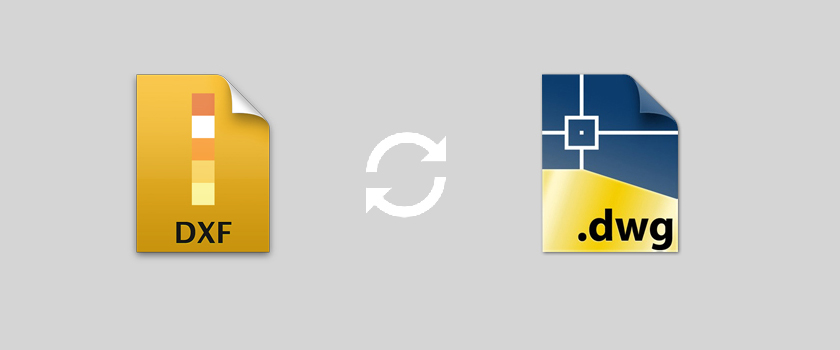The 21st century is steaming with technology and advancements. Every day, the word “global village” comes to mind as we see distance shortening and information being so widespread that it’s available at the click of a button or a swipe on the screen. The global pandemic also opened up a wave of increased demand for medical products, goods, and information. Companies have capitalized on new markets and the demand for quality medical translation services has skyrocketed. CROs have to travel more, their research is based on volumes of data, and the language barrier is one of the biggest hurdles for them.
Professional medical translation services not only help them in translation, but also in communicating with the locals, and understanding gaps wherever they may arise.
CROs don’t just need help with translating surveys and experiments. Medical translation specialists help them with everything related to communication and language. It’s not just the labels on the bottle or the instructions that come with them. Medical translations are also a part of marketing and promotions. Translations serve as a way to communicate with local audiences in tones, terms, slang, and languages they understand.
| Country | Total Languages |
| Papua New Guinea | 840 |
| Indonesia | 711 |
| Nigeria | 517 |
| India | 456 |
| United States | 328 |
| Australia | 312 |
| China | 309 |
| Mexico | 292 |
| Cameroon | 274 |
| Brazil | 221 |
Currently, more than 7,100 languages are spoken around the world! That is an outstanding number! This figure highlights the need for fast and reliable translations as well.

Clinical research is a difficult and necessary process that plays a vital role in advancing medical science and improving patient care. Contract Research Organizations (CROs) are tasked with conducting research studies and clinical trials for big pharmaceutical companies, medical equipment manufacturers, and biotech companies.
Since most of these companies are marketing and selling their products in multiple countries. CROs have to work across borders to ensure a uniform operation with seamless communication which can not be achieved without professional translation services. Both the CRO's role and the translator’s role become indispensable.
Conducting clinical trials with volunteers and healthcare professionals from different countries can be highly challenging due to language barriers.
By providing precise and culturally relevant translations of crucial documents, translation professionals play a crucial role in removing these barriers. Informed permission forms, patient surveys, study protocols, adverse event reports, medical records, and regulatory paperwork are some examples of these documents.
Translation professionals support efficient communication, well-informed decision-making, and trial success overall by ensuring that all participants have access to material in their mother tongue.
Medical research, trials, and medical product launches are carefully regulated by local government bodies. Each Country or Region is likely to have its own set of regulatory laws and companies have to prepare documents (Legal, Experiments, Research, etc.) accordingly to operate within that region or place. Medical translation companies play a crucial role in ensuring that this process goes smoothly.
Those with experience already understand these laws and regulations. These experienced individuals like the ones we have, will save you time and make the entire process a lot smoother. Their knowledge guarantees that CROs can successfully navigate the complicated regulatory environment, avoiding any delays or challenges that may result from any language barrier.
We are living in what the Millennials or Gen X call the woke era, while cultural misunderstandings were often overlooked in the past. They are now unavoidable and are one ailment for legal issues. However medical translation services already know this, and they not only translate content accurately but also ensure that the translated materials are culturally appropriate and sensitive.
This understanding of culture and local backgrounds is vital for CROs because if any mistake does occur they are held liable for it. Moreover, when your reading materials suit the local population criteria, CROs get a higher number of participants and retention rates. The overall quality of the research and trials is improved.
When CROs establish trial sites in different countries, they must work with local investigators and healthcare professionals. Translation specialists aid in the translation of training materials, study-related communications, and educational resources, making it easier for local teams to understand and execute their roles effectively. This seamless collaboration contributes to the overall success of the clinical trial.
While English may be used to communicate in person, many countries especially in Europe require you to translate all training, study, or employee-related documents in the local language. These materials also serve as a basis for further translations if the effect is positive. You would be surprised to know the number of companies that utilize translation specialists for their employee newsletters.
In the medical and pharma industry accurate data collection and accurate translation can be the difference between life and death. If poorly done, it can also result in legal issues and reputation problems. Translation specialists ensure that patient-reported outcomes, medical histories, and other data are accurately translated, minimizing the risk of misinterpretation or errors.
Consistent and precise translations contribute to the reliability and validity of study findings, making them more credible for regulatory approvals and scientific publications. Moreover, precision helps maintain a positive image in public and upholds a reputation for being trustworthy and reliable.
Most Americans can relate to the fact that the way a person speaks their accent mainly changes as you move from north to south or east to west. But what you might not know is that certain languages like Arabic for instance, have many dialects. And it is spoken in many variations. Even a change in a vowel for instance can drastically change the tone and meaning of what is said.
However, translation specialists are equipped to navigate these variations, ensuring that study materials are accurately understood by participants regardless of their specific linguistic backgrounds. If you have been in the business for a long time this may come as no surprise to you, but often multiple variations of the same language are required at times. CROs would feel hopeless if it weren’t for translation professionals.
The vital role of translation specialists in supporting CROs cannot be overstated. They act as the bridge that connects diverse stakeholders, facilitates effective communication, and ensures compliance with regulatory standards. They also help you understand local communities and how to better engage with them. When working with translation specialists CROs often learn more about surrounding cultures.
By breaking down language barriers and providing culturally sensitive translations, these specialists contribute significantly to the success of global clinical trials and medical research. Just imagine when the pandemic was happening how crucial was the role of medical translation services in helping CROs and scientists roll out the vaccine faster.
As the world continues to witness rapid advancements in medical science, the collaboration between CROs and translation companies remains vital in driving forward innovative treatments and improving healthcare outcomes worldwide.

dwg: It means a drawing file save format created by AutoCAD, and now has been the standard format of 2D
Read More
dwg: It means a drawing file save format created by AutoCAD, and now has been the standard format of 2D
Read More
Mars Translation can help you extract the texts in a DWG file and convert them into a Word file so
Read More
dwg: It means a drawing file save format created by AutoCAD, and now has been the standard format of 2D
Read More
dwg: It means a drawing file save format created by AutoCAD, and now has been the standard format of 2D
Read More
MarsTranslation can help you extract the texts in a DWG file and convert them into a XML file so that
Read More
If you are a designer you are bound to find yourself in situations when you have to convert your DWG
Read More
dwg: It means a drawing file save format created by AutoCAD, and now has been the standard format of 2D
Read More
MarsTranslation can help you extract the texts in a DWG file and convert them into a Word file so that
Read More


Document Translation
Professional document translation by native expertsApp Localization
Get more downloads by adapting your app for different target marketsVideo Translation
Multilingual translation and subtitling servicesWebsite Localization
Adapt your website into multiple contexts for global reachSoftware Localization
Adapt your software for global usersGame Localization
Reach new players with localized gameplayMTPE
Refine AI translations for natural fluencyBusiness Translation
Professional translation for business documents and websitesDTP & File Conversion
Professional DTP and File conversion, supporting multiple file formatsProofreading
Perfect your content with expert review© Copyright 2026 MarsTranslation